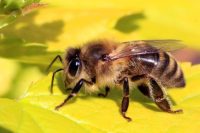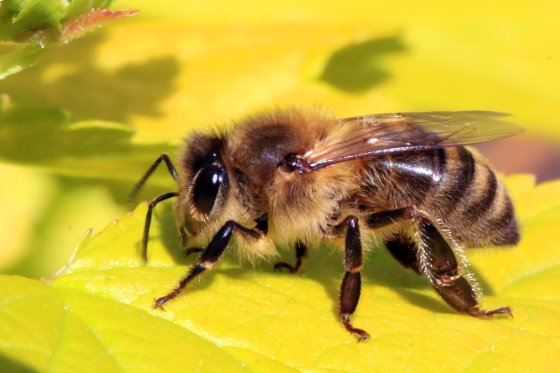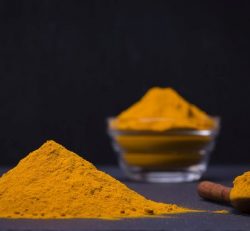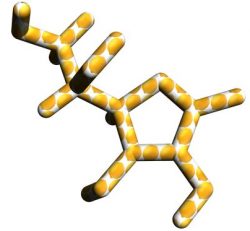BEE’S MICROBIOME CHANGES WITH AGE
There are changes in how the gut microbiome changes between types of honey bees.
The makeup of the gut microbiome in a honey bee queen’s changes slowly as she ages, while a worker bee’s microbiome changes much more rapidly, according to a new study published by Agricultural Research Service (ARS) scientists.

There are changes in how the gut microbiome changes between types of honey bees. Photo: Wikipedia
New potentially queen-specific pathogen
The researchers found that as a queen ages, in her gut microbiome, the levels of two bacterial species groups slowly increase: Lactobacillus and Bifidobacterium, both known for providing probiotic benefits in mammals including humans. At the same time, her microbiome has decreased levels of Proteobacteria species, which are often associated with unhealthy microbial imbalances. Interestingly, during this study, the researchers discovered a new potentially queen-specific pathogen not detected in any adult worker bees, Delftia bacteria(in the order Burkholderiales). The occurrence of Delftia in the queen’s mouth and gut rose or fell opposite to the levels of bacteria considered beneficial. This suggests Delftia may play a part in early queen mortality, according to Anderson.
Warning indicator for colony dwindling
In comparison, Lactobacillus and Bifidobacterium levels dropped, and the number of Proteobacteria went up as worker bees aged. Workers’ microbiomes appear to change in a highly predictable fashion, especially with age. This may mean early shifts in worker microbiota could be used as a warning indicator for colony dwindling and/or failure.
Combatting physiological stress
The honey bee gut microbiome plays a significant role in metabolism, development and growth, and immune system function and protection against pathogens. Applying this new information to enhancing honey bees’ microbiome may represent a new strategy to slow their ageing or to combat physiological stress.
Emmy Koeleman
Editor: All About Feed & Dairy Global
Source: www.allaboutfeed.net












